CONTENTS
How To Clean A Suitcase: Expert Tips for Pristine Travel Gear
Even though a suitcase takes all the damage during our travelling, it is not uncommon to be the most neglected item. With a clean suitcase, hygienic problems such as dirt, dust and allergens that go with them will all disappear. What stays is the longevity of your suitcases.
Without dirt and grime, the accumulation of abrasive particles, which wear and tear the materials, can be prevented. Now you see the potential, let's take a look at how to clean a suitcase.
Understanding Your Suitcase
Every journey begins with packing, and every packing experience is shaped by the suitcase you choose. Just as every destination has its unique charm, every suitcase has its distinct characteristics. Let’s learn about what makes your travel companion unique to take better care of it.
Fabric Suitcases
Material: Nylon, Polyester, Ballistic Nylon
Pros:
- Lightweight
- Expandable.
Cons:
- More susceptible to wear
- Absorbs moisture.
Care Tips:
- Gentle brushing for surface dirt
- Mild detergent for deeper cleaning.
Hard-Shell Suitcases
Material: Polycarbonate, ABS, Aluminum
Pros:
- Durable
- Water-resistant.
Cons:
- Fixed size
- Shows scuffs and scratches.
Care Tips:
- Wipe with a damp cloth for surface marks
- Baking soda mix for scuffs.
Suitcase Type: Leather Suitcases
Material: Genuine Leather.
Pros:
- Timeless aesthetic
- Durable.
Cons:
- Heavier
- Requires regular maintenance.
Care Tips:
- Condition with leather conditioner
- Use a gentle leather cleaner for cleaning.
2. Preparing for Cleaning

Before beginning to clean your suitcase, it is essential that you empty its contents. After removing everything, check again. It is likely that something is hiding in the corners.
Now, when you really finish, consider removable components. Many suitcases are designed with removable linings, dividers, or straps. Despite the convenience of being separable, they might also need separate cleaning. You will need several items, here is the list:
- Mild cleaner: How mild it is depends on the material of your suitcase. However, some popular options are gentle soap, mild detergent, or specialised cleaner.
- Soft-bristle brush or cloth: A soft-bristle brush or a soft cloth is ideal for gently scrubbing and wiping down the exterior and interior surfaces of your suitcase. It helps remove dirt and stains without causing any damage.
- Vacuum cleaner: A handheld or one with small attachments can help you reach smaller parts and corners.
- Stain removers or specialised cleaners (if needed): Sometimes there would be certain types of marks, such as inks or oil, on your suitcase. For them, you would need specific types of remover.
- Towels or clothes: Just prepare a lot of them. You can always store them later if you haven’t used them. Avoid using tissues as they will leave small bits of themselves behind. Because then, you probably need to do the cleaning again.
Note: The specific supplies needed may vary depending on the type of suitcase and its material.
We recommend always cleaning the interior before the exterior. In this way, you can just close the suitcase after cleaning the interior, ensuring that the cleaner and water remain outside while you focus on cleaning the exterior. You would not have the same convenience doing the opposite. All checked? Now you are ready for the actual cleaning.
4. Interior cleaning
It’s not uncommon for us to forget about the interior since only the outside shows the beauty of the suitcases. Yet, it is the part which will directly affect your items.
1. Vacuuming the interior

Vacuuming is a great way to start. Photo by Lukas ter Poorten on Unsplash
- Again, before you start vacuuming, make sure your suitcase is empty. Remove all the clothes, toiletries, and any other items you might have left inside.
- Take your suitcase outside and give it a good shake. This will help dislodge any loose dirt or debris that might be hiding in the corners or crevices.
- Using a handheld vacuum with a suitable attachment to remove dust, dirt, and loose debris.
- Gently run it over the exterior of your suitcase. Pay special attention to the seams, zippers, and handles, as these areas tend to collect the most dirt.
- Now it's time to tackle the inside of your suitcase. Use the hose attachment to reach all the nooks and crannies.
2. Wiping down the interior
Next, proceed with wiping down the interior surfaces of your suitcase using a mild cleaner.
1. Start by diluting a small amount of the cleaner with water. How much we can’t really tell as it depends on your chosen product. Just check the instructions, and you will know what to do. Usually, the manufacturers will provide one of these, if not all, information: dilution ratios, application methods, and suitability for different surfaces.
- For example, if you have a fabric-interior suitcase, we recommend looking for a fabric upholstery cleaner such as Woolite INSTAclean or Bissell fabric cleaner.
- But if you have a leather one, opt for mild all-purpose cleaners. Some names that come to mind are Mrs Meyer's Clean Day All-Purpose Cleaner and Babyganics Multi-Surface Cleaner
2. Then, take a small piece of cloth or sponge. Dip it in the mixture and start wiping gently. Be careful not to saturate the fabric, as it may take a long time to dry.
3. Pockets and compartments
Possibly the most neglected, hence dirty, parts. Even after two prior removes, it might be a good idea to check again, just to be sure. Once empty, wipe down the pockets with a cloth dampened with the mild cleaning solution to remove dirt or residue.
3. Exterior Cleaning
Now, let’s take a look at the exterior and make sure that everybody knows that you have a newly cleaned suitcase.
1. Removing loose dirt and debris
The first step in cleaning the exterior of your suitcase is to remove any loose dirt and debris. Otherwise, you would scratch your suitcase wiping it later.
- Lightly tap or shake the suitcase
- Use a soft-bristle brush or vacuum cleaner to gently brush or vacuum the suitcase.
2. Spot-cleaning stains and marks
If your suitcase has any visible stains or marks, that is where you want to start.
- Identifying the type of stain: This will help you choose the appropriate stain remover or cleaner for effective spot cleaning.
- Food stains: Food stain remover or a mixture of mild detergent and water.
- Blood stains: Peroxide or a mixture of cold water and salt. Avoid using warm or hot water.
- Mould or mildew stains: A mixture of bleach and water or a mould and mildew remover.
- Then follow the product instructions. Just remember two things. The first is to use a smooth piece of cloth, or sponge, to rub the stain. Second, don’t scrub like you loathe the stain. You do, but doing so only damages the material.
- Rinse the area with water and pat dry with a clean cloth.
3. Cleaning the handle, zippers, and wheels

Not related fact: The thing that is usually broken first of yours is very likely to be made by YKK.
Pay attention to the handle, zippers, and wheels of your suitcase, as they are commonly exposed to dirt and grime.
- Dampen a soft cloth or sponge with a diluted mild cleaner. Yes, mild but still needs to be diluted. Gently wipe down the handle. Don’t forget to dry it later to prevent moisture buildup.
- Use a soft brush or toothbrush to brush away dirt and debris from the zipper teeth. Be careful not to force the zipper if it gets stuck; instead, gently manoeuvre it back and forth until it loosens.
- Inspect the wheels for any trapped debris or hair. Usually, they are on wheel housings. Then, use a toothpick or cotton swab to carefully remove any lodged particles.
5. After cleaning for different materials

Just a little bit more work to keep your suitcase extra nice and clean. On top of that, it will keep the next cleaning far away.
First, let’s look into how to dry, and then we have separate sections on how to further maintain the appearances of different types of suitcases.
- Use a clean cloth to pat the surface. It helps absorb excess moisture
- Then, leave it open in a well-ventilated area, away from direct sunlight or heat sources, until it is completely dry.
- In case you need your suitcase earlier than expected, you may use a hair dryer to blow it. Don’t overuse it though!
1. Hard-sided suitcases
Hard-sided suitcases require specific cleaning techniques to maintain their appearance.
To do so, once the cleaning is complete, consider adding a drop of your favourite essential oil to the soapy water mixture for a pleasant fragrance while cleaning
If you want to protect the hardshell surface from scratches and maintain its lustre, apply a silicone-based protectant
2. Soft-sided suitcases
Soft-sided suitcases require gentle cleaning methods to maintain their fabric and structure.
Once cleaning is done, sprinkle some baking soda inside the suitcase to absorb odours before storing it.
Regarding the structure, avoid overloading. This can easily strain the seams and destroy the shape of your suitcase.
3. Leather suitcases

Leather suitcases require specific care to preserve their quality and appearance.
After cleaning, consider using a leather conditioner or cream to nourish and moisturise the leather, keeping it supple and preventing cracking.
If you prefer a vintage or distressed look and don’t have the necessary patience, gently rub some sandpaper on specific areas of the leather and voila.
6. FAQs
- How often should I clean my suitcase?
Generally speaking, the more you travel, the more often you should clean your suitcase. Factor the locations in as well. If you have just come back from a trip to a desert, probably clean your suitcase.
However, as a general rule, it's a good idea to clean your suitcase after every trip before storing it. Regardless, short trips to nearby cities might not require a thorough cleaning. In that case, wiping the exterior is all you need.
- Can I machine wash my soft-side fabric suitcase?
Not all soft-side fabric suitcases are machine-washable. Check the care label or manufacturer's instructions before attempting to machine wash your suitcase.
Even if it's safe to do so, you can’t just throw it in. Remove any detachable parts and place the suitcase inside a laundry bag to protect it during the wash cycle.
- My suitcase has become mouldy. How can I clean it and prevent mould growth in the future?
Mould growth can occur in damp environments. To clean mouldy areas, use a solution of water and white vinegar or a mix of water and hydrogen peroxide.
Then, scrub the affected areas gently with a cloth, and make sure to thoroughly dry the suitcase afterwards. Storing is important as well.
In the future, store your suitcase in a dry, well-ventilated area, and especially, avoid packing damp items.
- Can I use a hairdryer or a heater to speed up the drying process after cleaning?

It's not recommended to use a hairdryer or a heater to dry your suitcase, especially for soft side fabric or leather suitcases. The reason is that high heat can damage the fabric or leather and cause shrinkage or warping. Only do this when you absolutely must.
- How can I prevent my suitcase from getting scratched or damaged during travel?
To protect your suitcase during travel, consider using luggage covers or protective sleeves. If your suitcase has delicate parts, wrap them with soft cloth or bubble wrap before packing.
Additionally, handle your suitcase with care and avoid dragging it across rough surfaces. Fingers crossed that your airport crews would do the same thing.
- My leather suitcase got wet in the rain. What should I do to prevent damage?
If your leather suitcase gets wet, gently wipe off any excess water with a soft, absorbent cloth.
We know it’s tempting to use a hairdryer to dry the surface, but don’t, it will crack the leather. Wiping is all you can do, now just let it air dry at room temperature.
7. Final words
Knowing how to clean a suitcase is rewarding knowledge reducing your stress and risks on the next journey.
You have done some hard work; let's check some of your favourite destinations and book a flight. With a pristine suitcase in tow, you're ready for your next grand escapade!
Bui Hoang Hai

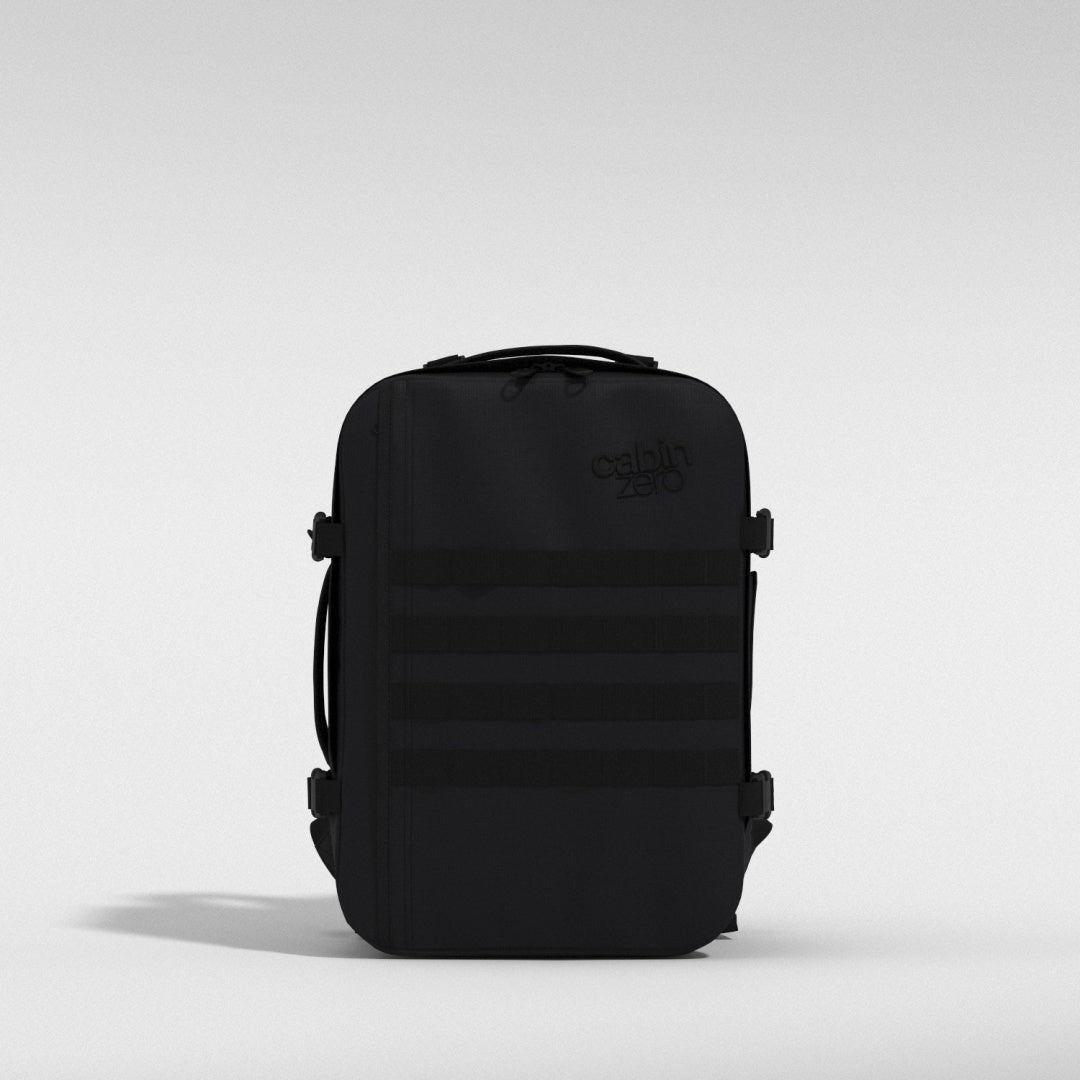

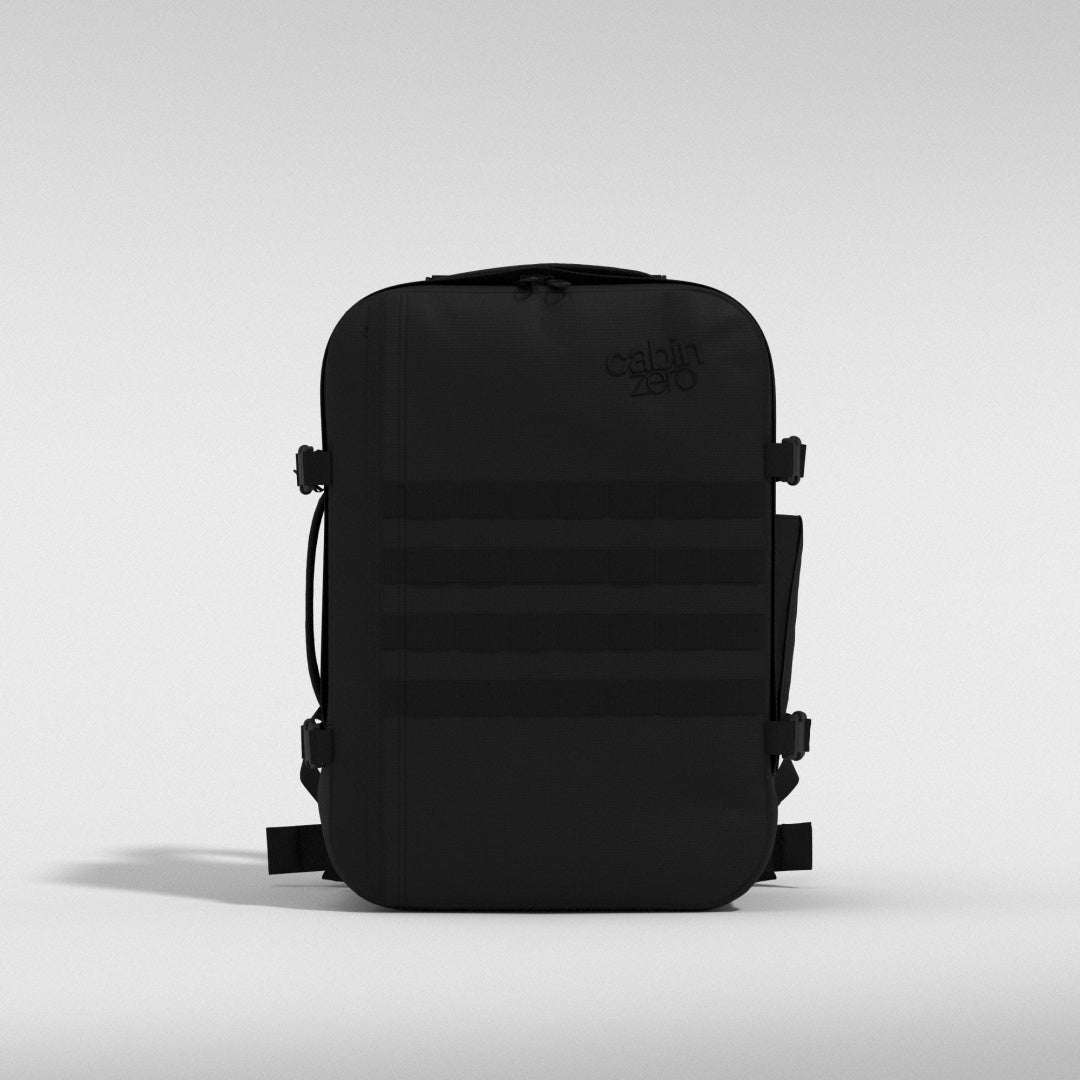

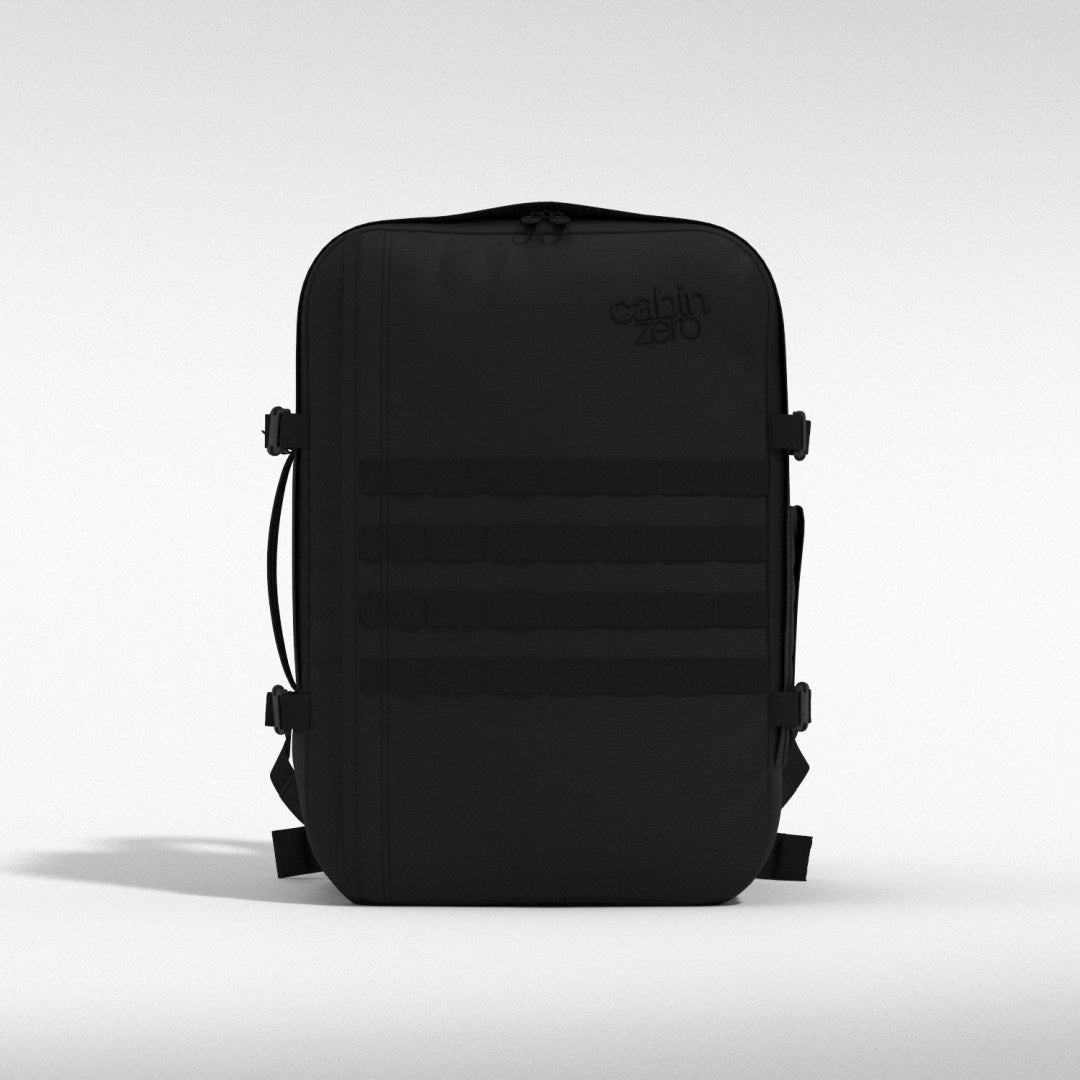

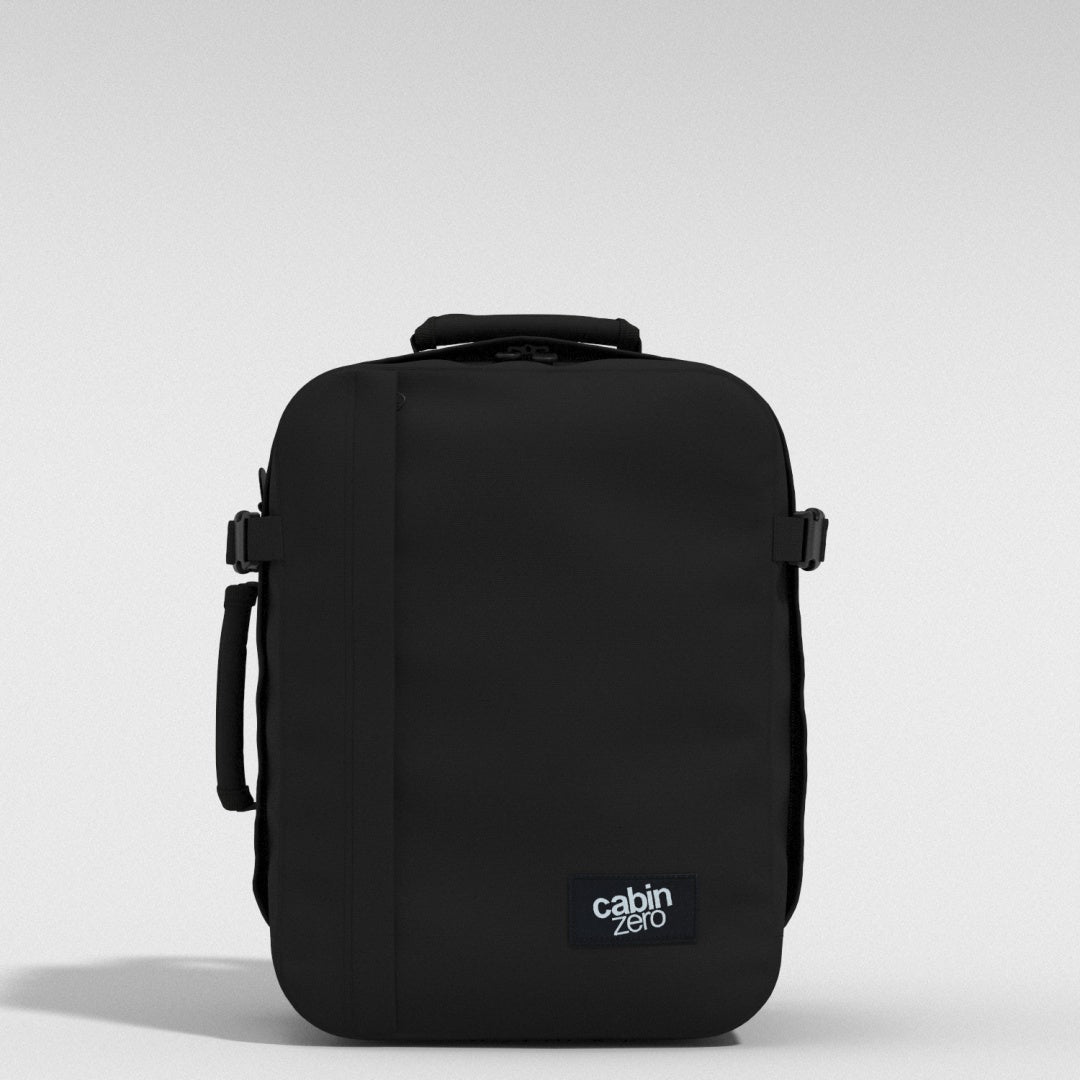

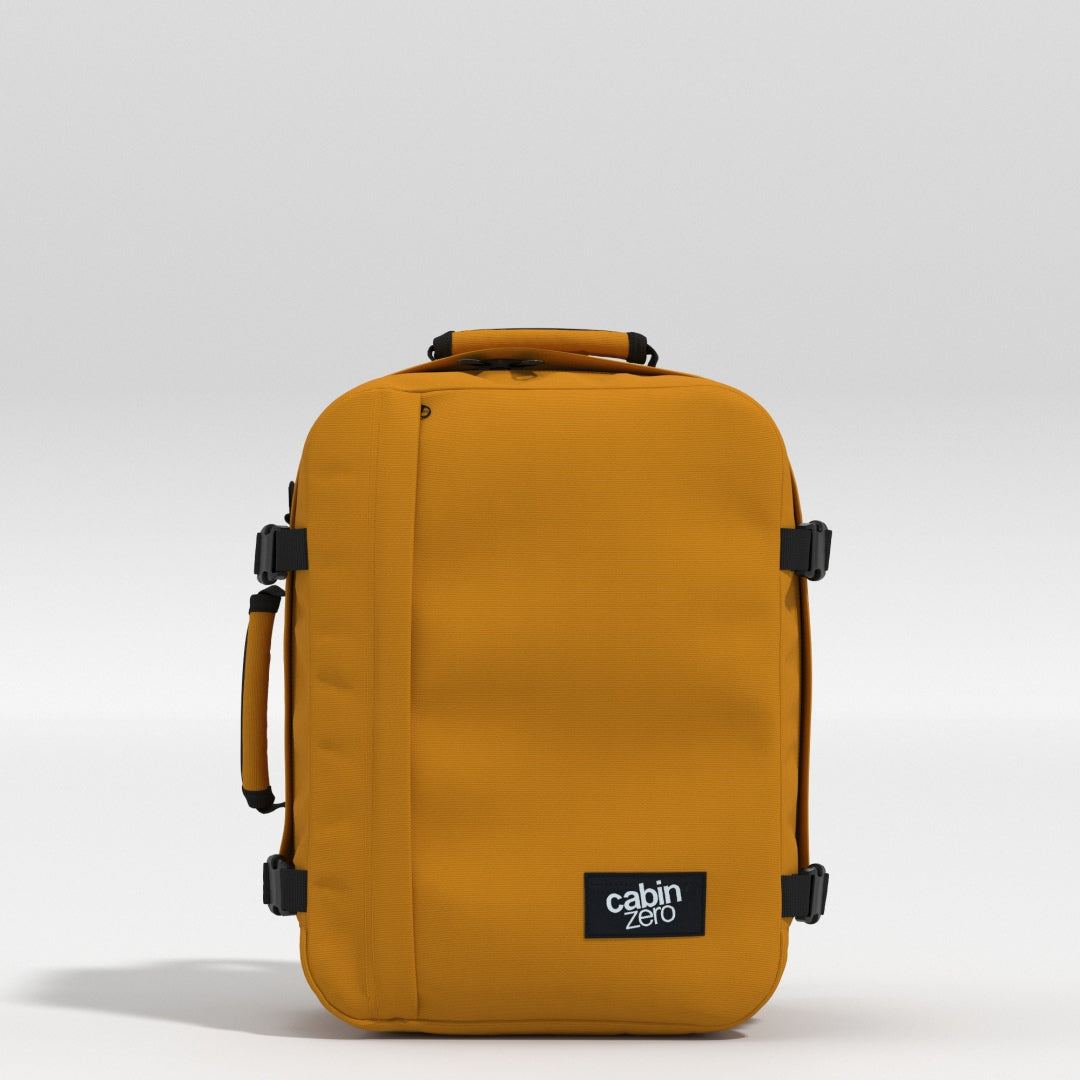





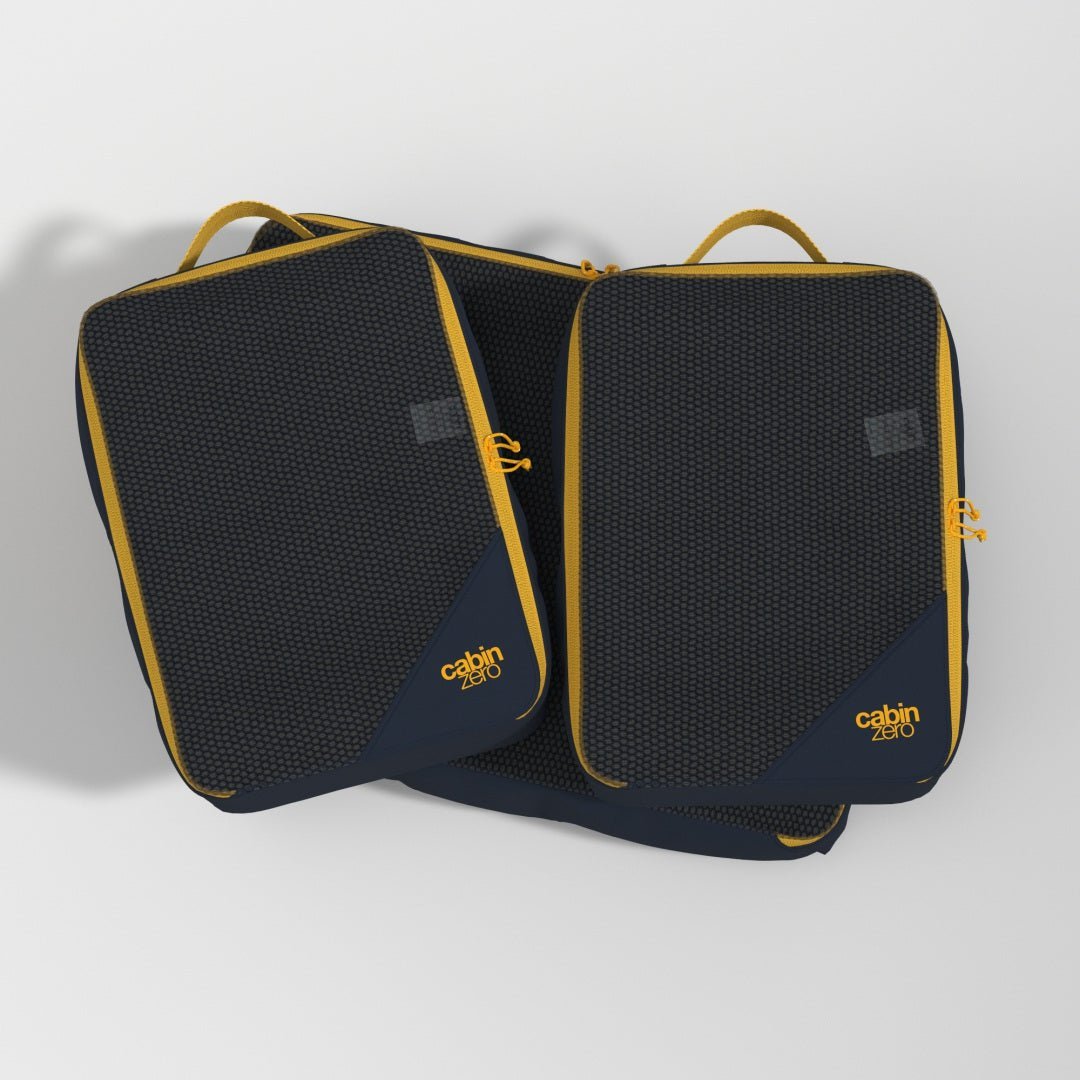





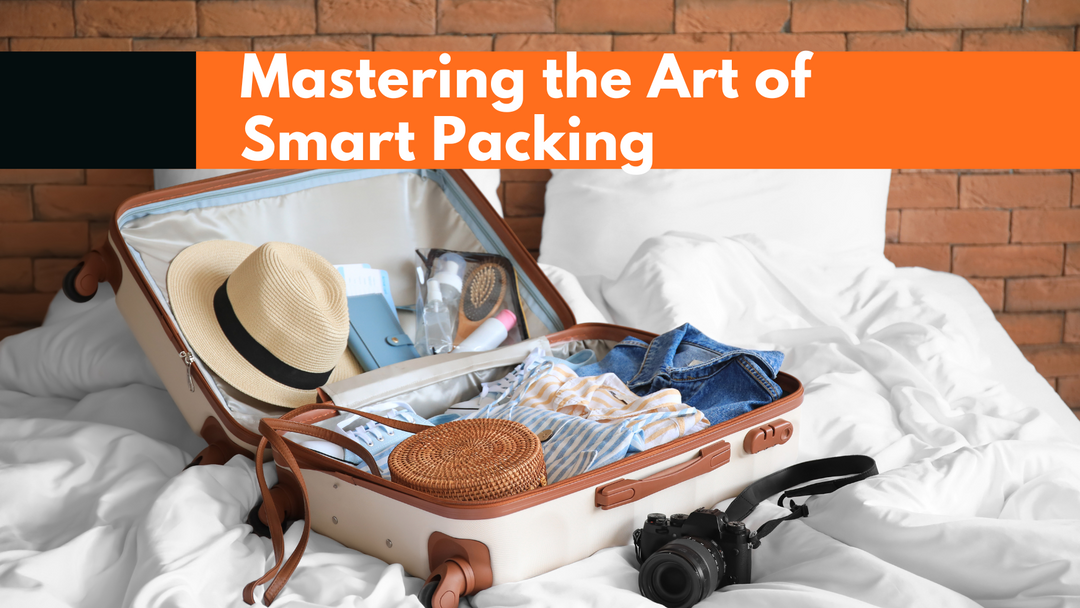
Leave a comment